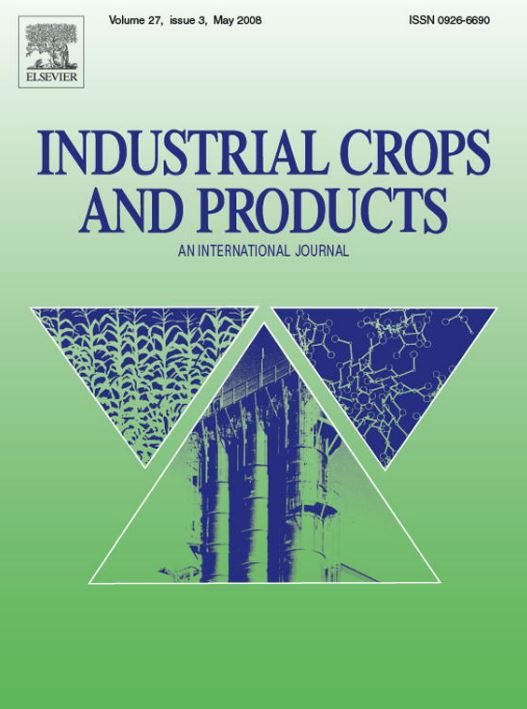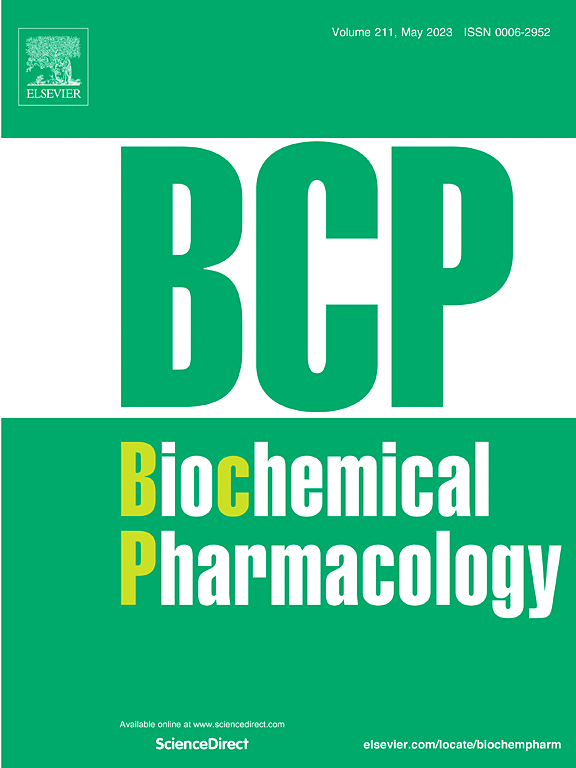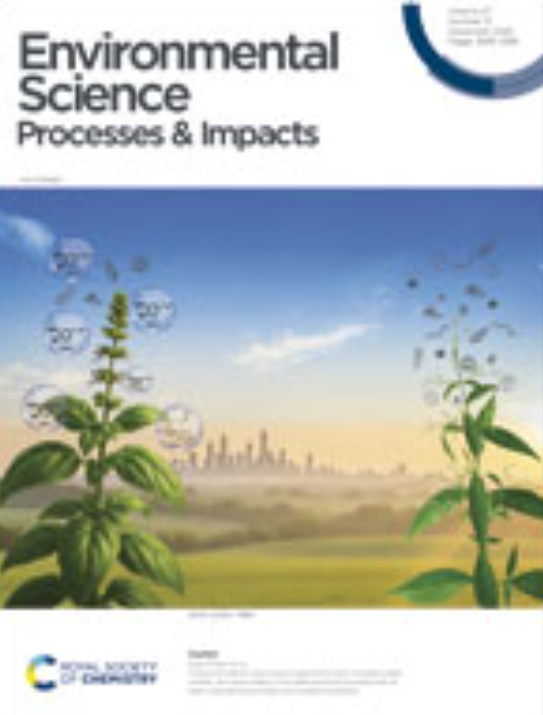Abstract
Background
Cannabis sativa L., renowned for its versatility in pharmaceutical, textile, and cosmetic industries, is highly susceptible to several agronomic and environmental factors, particularly herbicides. These chemical agents, while commonly used for weed control, can adversely affect plant growth, physiology, and secondary metabolite production. Understanding the plant’s response to such external stressors is essential for optimizing its cultivation and ensuring the quality of its bioactive compounds.
Methods
In our current work, we studied the impact of two herbicides- glyphosate and metribuzin on the morpho-physiological and biochemical characteristics of cannabis plants. The secondary metabolite production analysis was carried out using Gas Chromatography-Mass S pectrometry (GC-MS). Furthermore, in silico studies using molecular modelling and optimization via Density Functional Theory (DFT) were performed, followed by molecular docking.
Results
It was observed that both herbicides greatly impact overall plant productivity including primary and secondary metabolite production. Further, glyphosate treatment caused an increase in fatty acid synthesis while the contrary was observed in case of metribuzin. Also, herbicide stress leads to the synthesis of cannabidivarol and cannabidiol although they were absent in the untreated group. These findings provide crucial insights for optimizing agricultural practices in cannabis cultivation. Moreover, molecular simulation results showed that both metribuzin and glyphosate bind at the active pocket of Tetrahydrocannabinolic acid synthase (THCA synthase) and offer a mechanistic explanation for the observed variations in Δ9 -tetrahydocannabinol (THC) levels by suggesting that both herbicides inhibit THCA synthase activity, contributing to a deeper understanding of herbicide-plant interactions at the molecular level.
Conclusions
Our findings indicate that herbicide stress impacts overall cannabis productivity and alters biosynthesis. The stress notably stimulates the production of cannabidivarol and cannabidiol. In addition, molecular docking studies revealed that metribuzin binds to the same active channel as Cannabigerolic acid (CBGA)- the THC precursor, while glyphosate binds at the entrance, thereby hindering THC production. This multifaceted approach guides sustainable farming strategies and has implications for manipulating cannabinoid profiles in pharmaceutical and other industrial applications.




